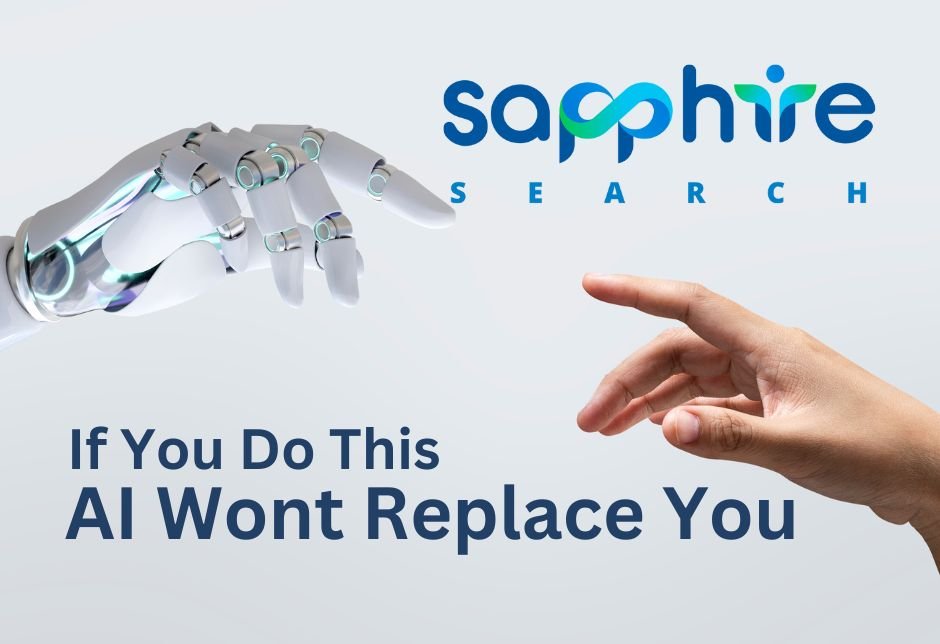
Ever since AI came to the forefront of the internet, there have been speculations about the different things that Artificial Intelligence will be able to do. There has always been a fear that AI would take over our lives, just like all the different movies and Artificial Intelligences ability to perform tasks that were once the domain of people has rendered many job roles obsolete, prompting a shift in how we work and the skills we need.
AI is redefining job roles across various sectors by automating routine and repetitive tasks, allowing people to focus on tasks that require creativity, critical thinking, and emotional intelligence. This shift has led to the emergence of new job roles centered around AI development and management, such as AI engineers, data scientists, and machine learning specialists.
The evolving job landscape also presents challenges, including job displacement due to automation. To address this, governments, industries, and educational institutions can collaborate to create reemployment programs, offering support and opportunities to those affected by AI-driven changes.To remain relevant, individuals can acquire new skills that complement AI systems, such as data interpretation, AI programming, and machine learning. Companies can invest in training programs to equip their workforce with the necessary skills to collaborate effectively with AI technologies.The challenges posed by AI-driven job redundancy and the shortfall in available positions can be mitigated through several strategies:
It has the potential to significantly impact various job roles across different industries, depending on the scope of work that Artificial Intelligence is able to perform. Here are some of the job roles that are likely to be affected by Artificial Intelligence:
The jobs that will never be affected require unique people skills such as emotional intelligence, creativity, empathy, and critical thinking. These jobs include:
To maintain relevancy in the evolved job market, workers need to update their skills through upskilling and reskilling initiatives continuously. This involves identifying skills gaps, providing training opportunities, and fostering a culture of lifelong learning. By investing in upskilling and reskilling, organizations can ensure that their workforce has the skills and knowledge required to work alongside AI systems and maintain job relevancy in a changing job market.
With Sapphire, discover visionary leaders who elevate your organization to its fullest potential.
Contact us today to schedule a consultation with one of our expert consultants. We'll help you identify opportunities for growth and improvement.
Whether you’re looking for top leadership, market insights, or updates on exclusive events, share your query with us.
We are India’s most agile executive search and leadership advisory firm, with over 1,500 leadership closures across industries. We’ve placed more than 50 CEOs and 40+ Partners in top consulting firms, establishing a proven record of impact.
From building entire leadership teams for financial services houses to closing rare mandates like Chief Data Scientist for a US tech firm’s India R&D centre, we have deep expertise in BFSI, Technology & Consulting, Industrials, Infrastructure, Healthcare, Consumer, and Retail.
We executed India’s largest team movement by a search firm (65+ leaders in one transaction) and facilitated the highest-value leadership hiring deal in India.
Our Founder & CEO, Ankit Bansal, is a serial HR entrepreneur with prior experience at McKinsey, PwC, and Standard Chartered. He also co-founded one of India’s largest flexi-job platforms and is an Advisory Board member of the India Diversity Forum.
Schedule a free 30-minute discovery call with one of our consultants to discuss your specific needs and how we can help transform your business.
Book a Discovery Call
Whether you’re looking for top leadership, market insights, or updates on exclusive events, share your query with us.